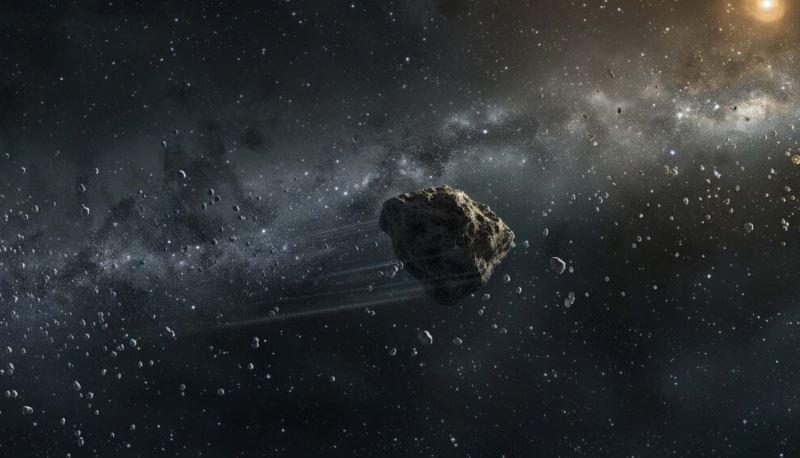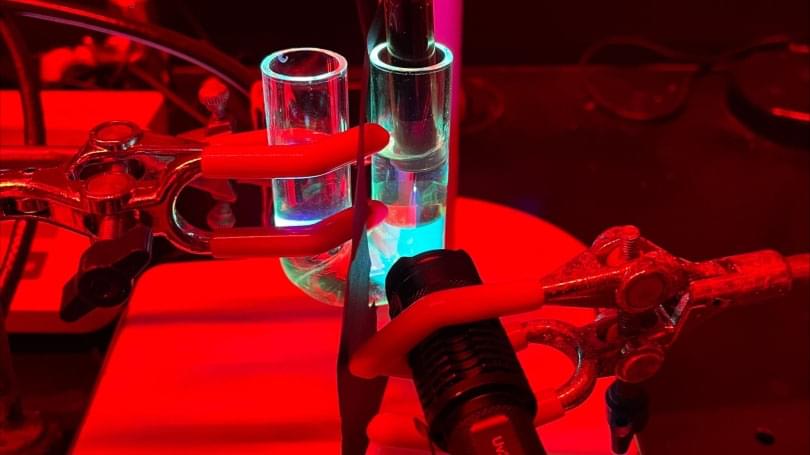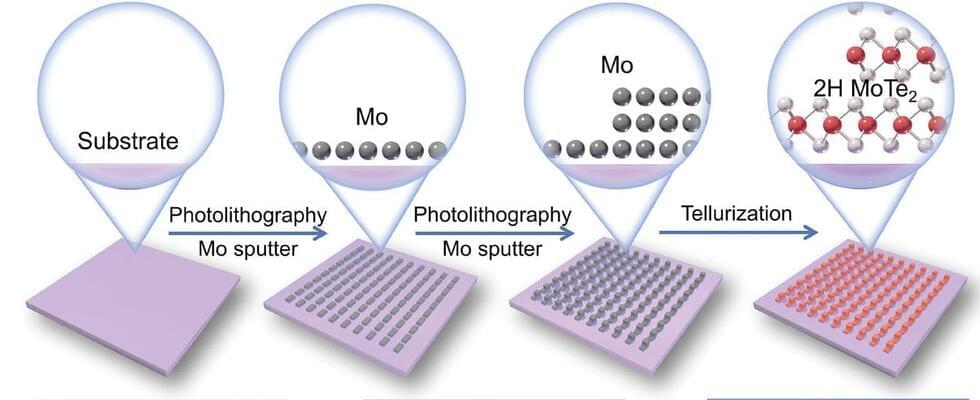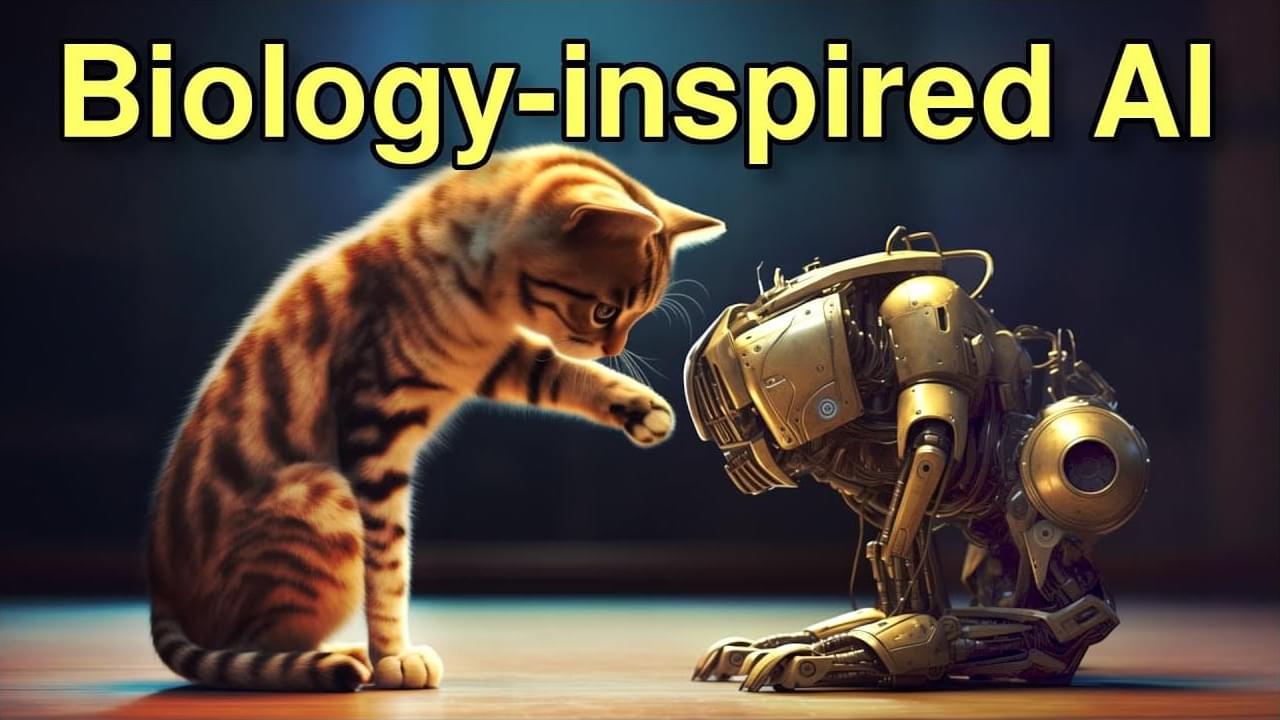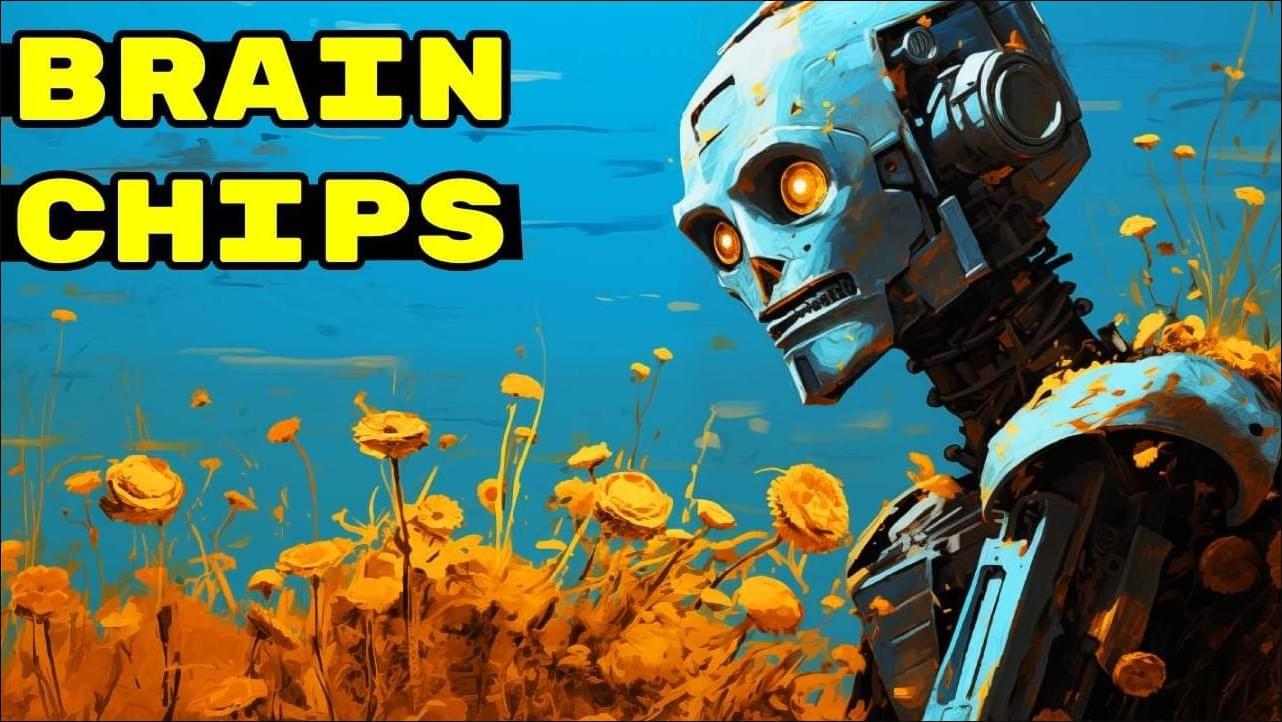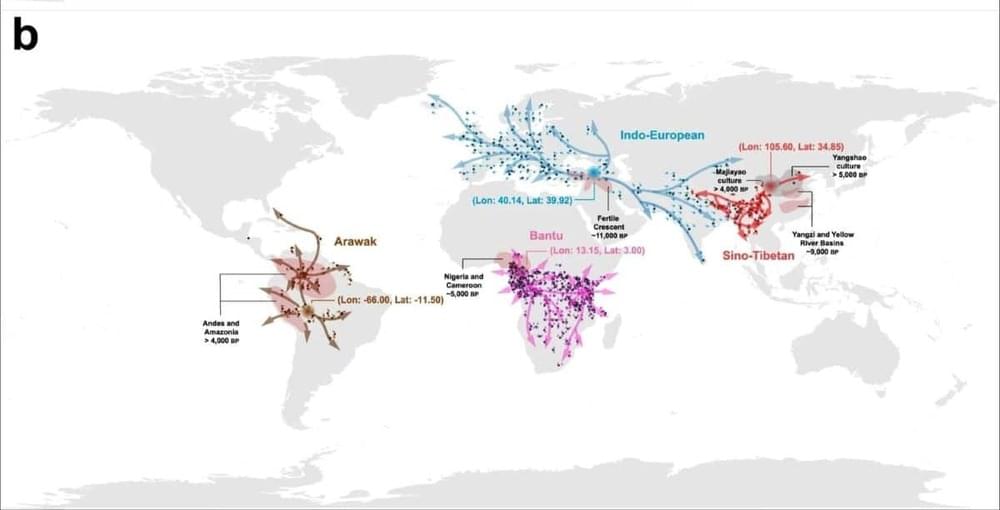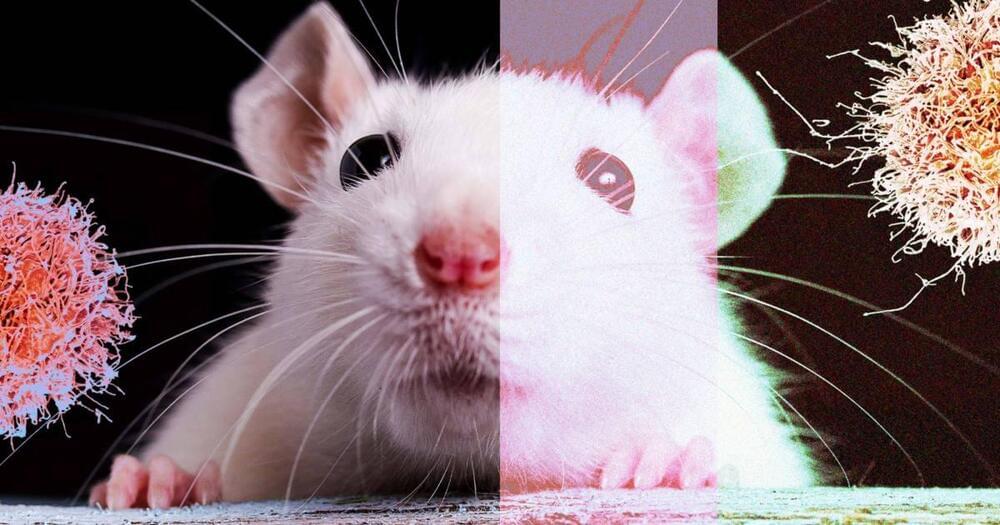Up to 60% of near-Earth objects could be dark comets, mysterious asteroids that orbit the sun in our solar system that likely contain or previously contained ice and could have been one route for delivering water to Earth, according to a University of Michigan study.
The findings suggest that asteroids in the asteroid belt, a region of the solar system roughly between Jupiter and Mars that contains much of the system’s rocky asteroids, have subsurface ice, something that has been suspected since the 1980s, according to Aster Taylor, a U-M graduate student in astronomy and lead author of the study.
The study also shows a potential pathway for delivering ice into the near-Earth solar system, according to Taylor. How Earth got its water is a longstanding question.
